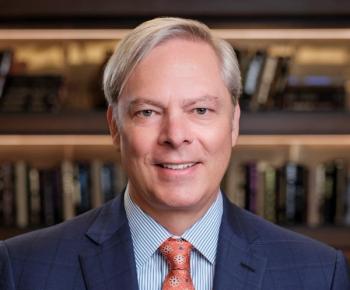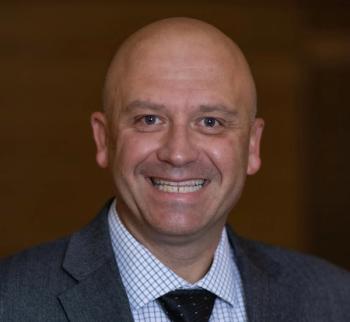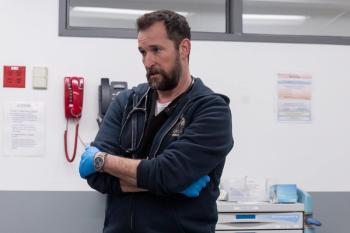
AMA launches ‘In Full Health’ initiative for health equity
The initiative aims to spur innovation and healthcare solutions to help underserved communities.
With growing attention being paid to health equity, the American Medical Association has announced a new effort to improve the health of those in minority communities.
The AMA has launched the
Healthcare venture development often excludes Black, Latinx, and indigenous people, along with women, the AMA says. Those groups actually account for about 70% of the U.S. population, but they receive less than 10% of new venture funds and manage about 1.3% of investment dollars.
And that also contributes to underserved communities being left behind in access to healthcare.
Jack Resneck Jr., the AMA’s president-elect, said the time has come to ensure health innovations target and benefit the needs of patients who haven’t had equal access to healthcare. He said it’s another element of the AMA’s efforts to improve equity in healthcare.
“It is crucial that we invest in solutions that are created for, with, and by communities that have traditionally been sidelined from health innovation resources,” Resneck said in a statement.
The COVID-19 pandemic has generated more attention and discussion on eliminating
The AMA said it hopes to lead to a new vision for the health innovation sector. One of the goals of the effort is to ensure the developers and investors of healthcare products represent the diversity of the nation at large. And the group hopes to drive investment in solutions and products developed by those in communities of color, women, individuals with disabilities, and the LGBTQ+ community.
The association also said it hopes to foster investments in rural areas and all those living in marginalized communities.
With the “In Full Health” effort, the AMA said it hopes to create a wide-ranging network of healthcare systems, payers, investors, fund managers and start-up companies focused on making sure health advances benefit everyone.
Aletha Maybank, AMA’s chief health equity officer and senior vice president, touted the potential of the initiative.
“By connecting this community of stakeholders around a shared goal of driving equitable resources to health solutions for those historically excluded in the design and profit of innovation, such as Black, Indigenous, and Latinx people, people with disabilities, and those who identify as LBGTQ+, In Full Health provides the collective power and capability to bring about change,” she said in a statement.




























































































